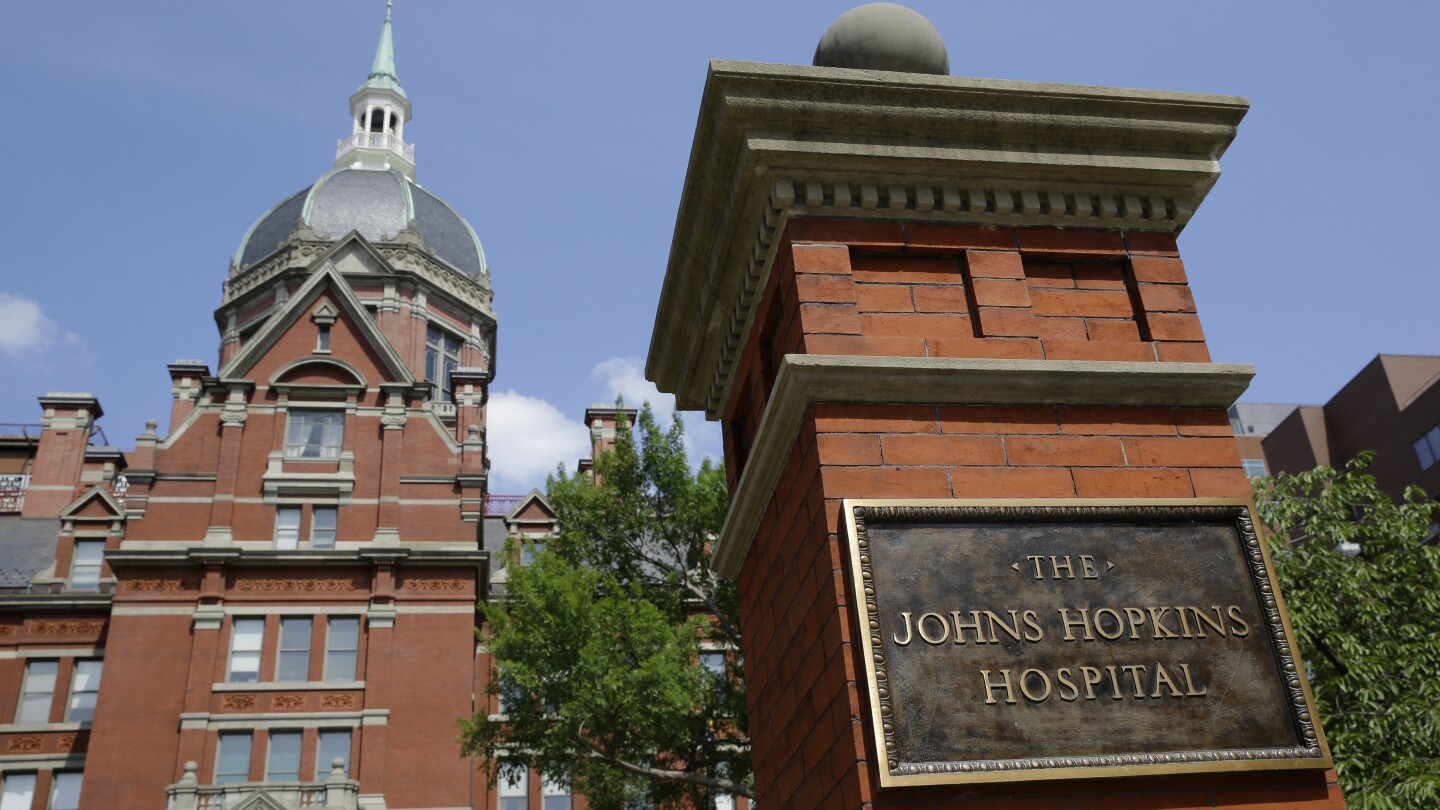Most medical students at Johns Hopkins University will no longer pay tuition thanks to a $1 billion gift from Bloomberg Philanthropies announced Monday.
Starting in the fall, the donation will cover full tuition for medical students from families earning less than $300,000. Living expenses and fees will be covered for students from families who earn up to $175,000.



It says starting in the fall it will be free, but how long does 1 billion last? How many years will they be able to do this for now?
Endowments aim to achieve perpetual existence by only spending dividends from investments. Assume growth of 8% of a billion means they can spend 80 million dollars a year without shrinking the endowment.
And that really highlights the absolute absurdity of billionaires existing at all
😃
The 4% rule can fail during some cycles, an 8% withdrawal would have numerous failure rates.
You’d have to be willing to adjust heavily during downturns, probably yearly. Adjusting like that could cause uncertainty and make it difficult to apply for all students.
3.5% over an extended period had no failures on any cycle.
The 3.5% was looking at very early retirement, such as 35/40yr old.
Edit: just want to add, those failures on the 4% were small. It was like if you started the cycle on 1 of 2 months many years ago and made no changes when shit got very bad, it would fail. The majority of the time you end up with vastly more money. But also past performance doesn’t guarantee future performance so who knows, but there is some risk.
The Internet says that the total cost for a degree from Johns Hopkins medical student per year is $64,665. In addition, various indirect costs like books, housing, healthcare, various fees, living expenses, and so on, bring that same estimate up to around $105,000 annually.
$1,000,000,000 invested in a stupid boring index fund at an estimated 4% return yields $40,000,000 in interest alone, or, using the above numbers, enough for 380(.95) students each year.
Based on this quick page from their own website: https://www.hopkinsmedicine.org/som/education-programs/md-program/our-students/class-statistics
Wherein they accept just 266 students, it could last for a very long time.
The operating expenses will show a sudden and totally coincidental billion dollar increase in 2024, and tuition will be collected as usual in 2025.
That’s how getting the government into student loans worked out. It took longer than a semester, but it cost more money than free college and put so many people in so much crippling debt so that evens out.
Based on that, I expect that the costs will go up $750M and stay there so there will be one semester of free tuition, one of severely reduced tuition, then it will be so expensive that no one can go.